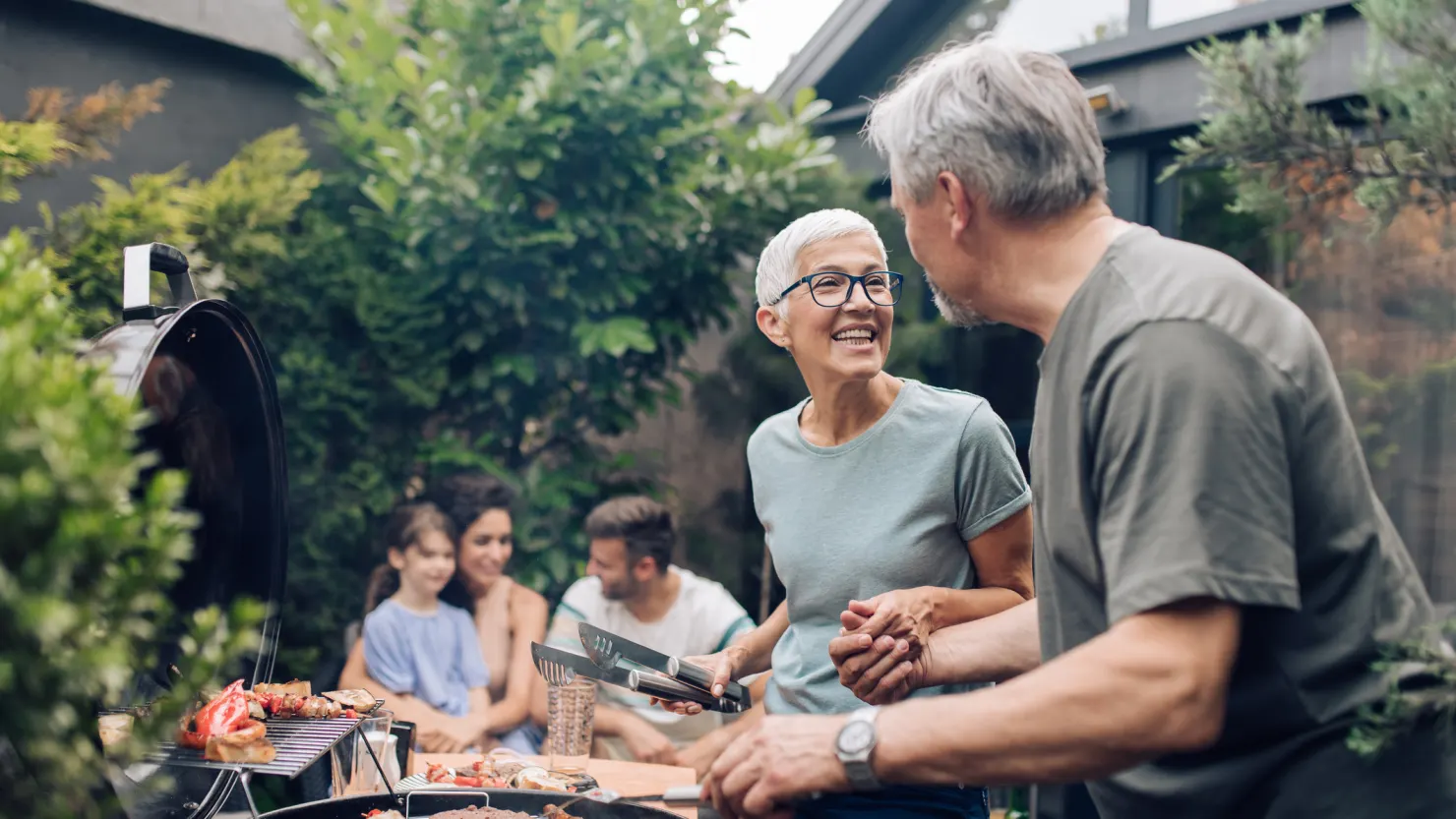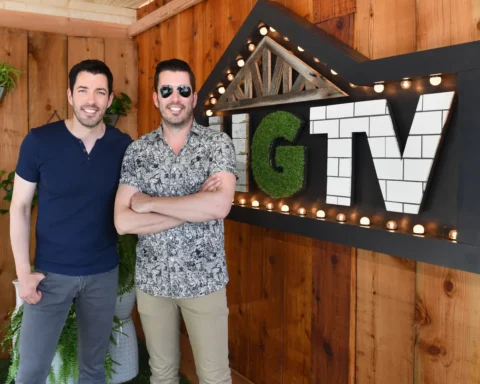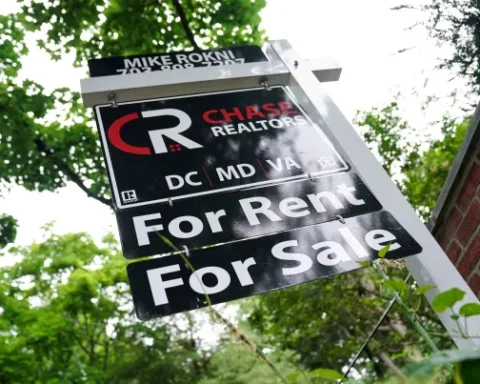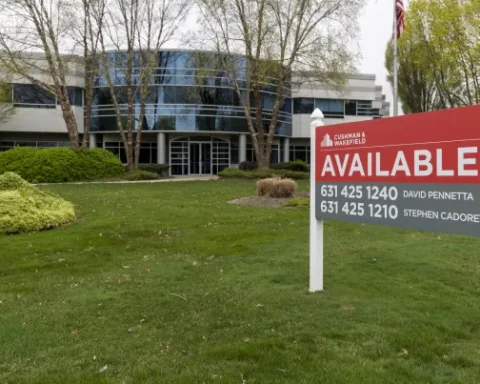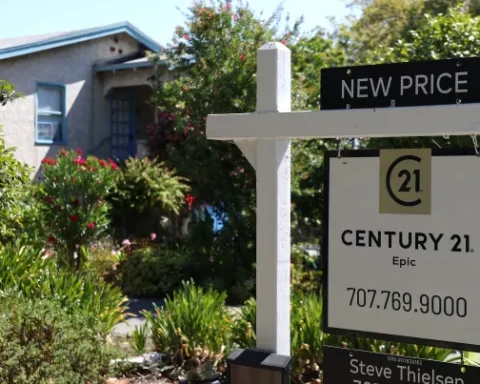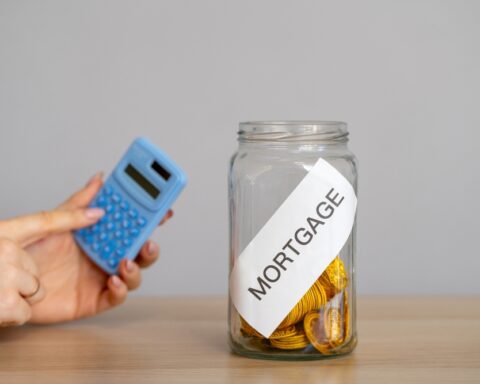Many homeowners feel secure about their retirement prospects because they own property. However, this confidence might be misplaced. According to a survey conducted by SurveyMonkey and CNBC, 37% of workers believe they are either ahead of schedule or on track with their retirement savings. For many, homeownership plays a significant role in their perceived readiness. But is relying on property value a sound strategy for retirement?
The Risks of Overconfidence
Owning a home can give a false sense of security regarding retirement readiness. Angie Chen, a senior research economist at the Center for Retirement Research at Boston College, warns that “homeowners are more likely to be overconfident in their retirement readiness.” Many individuals don’t fully consider factors like outstanding mortgage debt and the liquid nature of their assets.
The National Retirement Risk Index, which measures how prepared households are for retirement, reveals that 28% of people are “not worried enough” about their retirement readiness. “People who own houses but still owe a lot on their houses are much more likely to be overconfident or not worried enough,” said Chen. This highlights the importance of looking beyond the surface value of home equity.
Understanding Home Equity
While homeowners may count their property as part of their retirement assets, they often overlook how much equity they genuinely hold. For example, if someone buys a $500,000 home but still owes $400,000, their accurate equity is only $100,000. “It’s important not just to consider the value of your home, but also how much you borrowed,” Chen emphasized. Additionally, borrowing against a home’s equity isn’t without risks, as tapping into that value may come with high costs.
Chen also pointed out that “Housing is not liquid. You might feel good about having this large asset, but you can’t consume that in retirement. You can’t spend it so that you can spend and consume other savings.” In other words, a home may not be as versatile an asset as people think when funding their retirement.
Benefits of Homeownership in Retirement
Despite the concerns, owning a home can have certain financial advantages, especially during retirement. Winnie Sun, co-founder and managing director of Sun Group Wealth Partners, noted that homeownership offers stability in terms of housing costs. “Homeownership is sort of twofold,” said Sun, a CNBC’s Financial Advisor Council member. On the one hand, homeownership builds equity, and on the other, it provides a controlled cost of housing.
While homeowners may still need to pay for home insurance and property taxes, they could benefit from senior pricing on utilities as they age. “A lot of my clients, as they get older, also qualify for senior pricing on their utilities,” said Sun. This can help reduce expenses and create more manageable living costs in retirement.
Tapping into Home Equity
While a home may not be a liquid asset, it can still serve as an emergency fund for retirees. Sun says, “In most cases for retirees, they see equity as their emergency fund.” This could provide a cushion in times of need, although experts warn that relying solely on home equity can be risky.
Proceed with Caution
While homeownership can offer certain advantages during retirement, homeowners need to understand their financial position fully. Overconfidence based on property value alone could leave some people unprepared. As Angie Chen reminds us, “There’s a lot of misconception about how people assess whether they are ahead or not in retirement.” For those nearing retirement, it’s crucial to consider all assets, debts, and potential costs carefully to avoid surprises.


